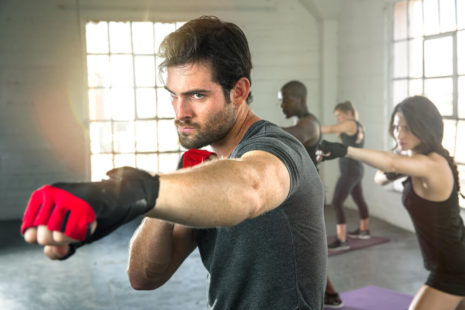A person engaged in the sport of gymnastics is referred to as a gymnast. Gymnastics is a diverse and dynamic sport that encompasses a wide range of activities and disciplines, each requiring a unique blend of strength, flexibility, balance, and coordination. Gymnasts dedicate a significant amount of time to training and perfecting their skills, often starting at a young age and progressing through various levels of proficiency and competition.
Types of Gymnasts Based on Disciplines
- Artistic Gymnasts – These athletes perform on apparatus such as the floor, vault, rings, uneven bars, parallel bars, and balance beam. Artistic gymnastics is perhaps the most well-known discipline, featured prominently in the Olympics and world championships.
- Rhythmic Gymnasts – This discipline combines elements of ballet, gymnastics, dance, and apparatus manipulation (ribbon, hoop, ball, clubs, and rope), emphasizing grace, beauty, and performance in routines.
- Trampoline Gymnasts – Athletes in this discipline perform acrobatic maneuvers while bouncing on a trampoline, including flips and twists, judged on execution and difficulty.
- Tumbling Gymnasts – Tumblers execute a series of flips and twists along a spring runway. This discipline focuses on speed, power, and precision in airborne skills.
- Aerobic Gymnasts – This discipline combines aerobic dance and gymnastics elements in high-intensity performance routines set to music, emphasizing strength, flexibility, and cardiovascular fitness.
The Life of a Gymnast
Gymnasts, regardless of their discipline, undergo rigorous training regimens that include not only physical workouts but also mental and strategic preparation. They learn to perform complex routines that showcase their skill level and artistic expression.
The life of a gymnast involves…
- Training – Hours of daily practice to develop and refine skills, increase strength and flexibility, and perfect routines.
- Competitions – Participating in competitions ranging from local and regional meets to national and international championships, where they are judged on their execution, difficulty, and artistic presentation.
- Coaching – Working closely with coaches who provide instruction, feedback, and support, helping gymnasts to achieve their personal and competitive goals.
- Recovery – Engaging in recovery practices, including rest, nutrition, and physical therapy, to maintain peak physical condition and prevent injuries.
- Education and Balance – Many gymnasts balance their training with academic or vocational pursuits, striving to excel both in the gym and their personal development.
Becoming a gymnast requires dedication, discipline, and a passion for the sport. Gymnasts not only develop exceptional physical capabilities but also gain valuable life skills such as resilience, time management, teamwork, and the pursuit of excellence. The journey of a gymnast, from a beginner learning the fundamentals to an elite athlete competing on the world stage, is a testament to the hard work, determination, and spirit that define the heart of gymnastics.



